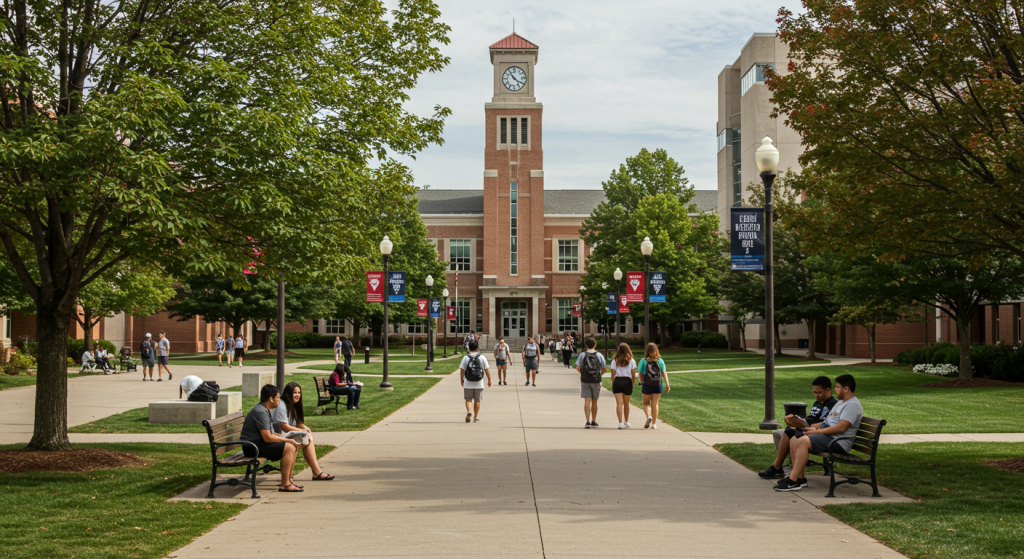
The cost of education can feel overwhelming, but it shouldn’t prevent you from pursuing a career with purpose and stability. At Williams Career School of Excellence (W.C.S.E), we understand the financial concerns many face, which is why we offer affordable tuition, flexible payment plans, and scholarships to help students graduate debt-free.
Beyond affordability, vocational schools provide a pathway to long-lasting careers without the financial burden often associated with traditional four-year institutions.
The Pros of Vocational School
1. Debt-Free Graduation
Vocational schools are a cost-effective alternative to traditional colleges. According to the U.S. Department of Education, the average student loan debt for a bachelor’s degree is over $37,000. In contrast, vocational training typically costs a fraction of that amount, allowing students to enter the workforce without years of financial strain.
2. Faster Entry Into the Workforce
Most vocational programs, like HVAC, CNA, or Phlebotomy, can be completed in less than two years, compared to the four or more years required for a bachelor’s degree. This means you start earning sooner and begin building your career faster.
3. Practical, Hands-On Training
Vocational schools focus on real-world skills, preparing you for immediate success in your chosen field. Whether it’s learning to repair HVAC systems or providing essential patient care, our programs equip you with industry-specific expertise.
4. High-Demand Career Opportunities
Skilled trades and healthcare roles are recession-resistant, offering stable employment opportunities. These fields are essential to communities, ensuring purpose and long-term job security.

The Cons of a Four-Year Institution
1. Rising Costs
The average annual tuition for a public four-year university is over $10,000 for in-state students—and much higher for private colleges—according to the College Board. This financial burden often leads to significant student debt, which can take decades to repay.
2. Uncertain Career Prospects
A bachelor’s degree doesn’t always guarantee a job. Many graduates struggle to find employment in their field of study, leading to underemployment or jobs unrelated to their degree.
3. Longer Time Commitment
Four-year programs require a significant time investment, delaying your entry into the workforce and the opportunity to start earning a stable income.
4. The Debt-to-Income Trap
Graduates often face a financial imbalance, where their student loan payments outweigh their earning potential. This can lead to years of stress and hinder personal and professional growth.

Vocational Training: A Path to Purpose
At Williams Career School of Excellence we aim to make education accessible without sacrificing quality. Our flexible payment plans ensure that financial barriers won’t stand in the way of your success:
- Affordable Tuition: Tailored to fit your budget, ensuring you graduate without debt.
- Payment Flexibility: Pay as you go, with plans designed to meet your financial needs.
- Scholarships: Take advantage of opportunities to further reduce costs and lighten your financial load.
By choosing vocational training, you’re not just saving money—you’re investing in a career with meaning. Trades like HVAC and healthcare are vital to our community, providing a sense of purpose and stability.
Make the Right Choice for Your Future
The choice between vocational training and a traditional four-year institution comes down to what matters most: avoiding debt, entering the workforce quickly, and finding a career that provides long-term purpose and stability. With our flexible payment plans and commitment to debt-free graduation, you can pursue a meaningful career without financial stress. Take control of your future—explore our programs today!
